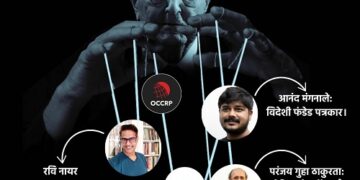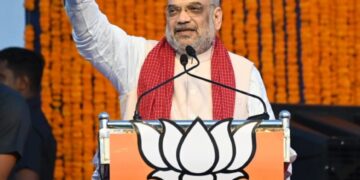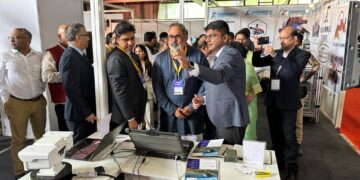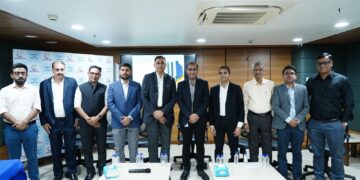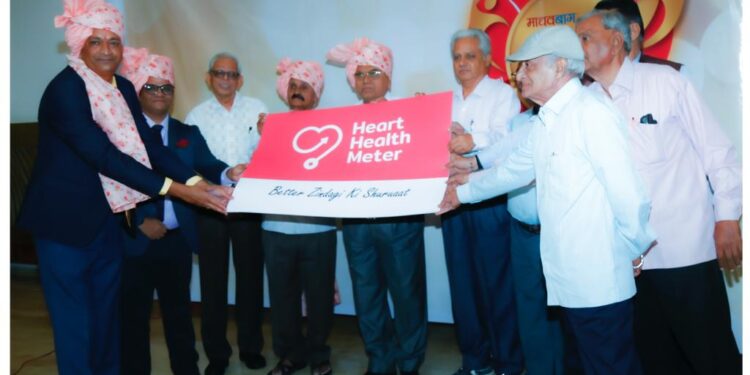In a bid to burst the popular myth that diabetes needs lifelong medication, Madhavbaug, a specialist in treating and reversing cardiovascular metabolic disorders kick-started a nationwide campaign ‘Victory Over Diabetes’ by facilitating its former patients who had managed to successfully reverse diabetes by following Madhavbaug’s scientific evidence-based treatment therapies.
“There is a widely prevalent belief that lifelong medication is the only option to manage certain lifestyle-related diseases. Through this campaign, we want to drive home the point that certain type 2 diabetes can be completely Revered through proper diet, exercise, and appropriate lifestyle modifications. We are happy that thousands of patients have benefited from our unique scientific evidence-based ayurvedic treatment and therapies,” said Dr. Rohit Sane, Founder, and CEO, of Madhavbaug.
The event also witnessed the launch of the much-anticipated book titled ‘5 Secrets of Diabetes Reversal’ authored by Dr. Rohit Sane, narrating in detail his two decades of experience in successfully treating diabetic patients.

At a special event held at Ahmedabad, Madhavbaug to present gold medals to patients who had become diabetic-free in 2022. The plan is to conduct similar events in 15 locations across six states to acknowledge and facilitate over 2000 of its former patients who had achieved this major milestone in their life. The main objective is to convey a larger message to society that many of the modern lifestyle-related diseases can be successfully reversed besides encouraging its former patients to continue with their healthy lifestyles.
Among the awardees include chronic diabetic patients who had been taking medications for the last 12-15 years, diabetic patients with other severe health complications, and recent patients who are either diabetic or in the pre-diabetic zone.
Madhavbaug also launched Heart Health Meter (HHM), a unique meter system that assesses a patient’s heart condition and reports its present state. This will help patients calculate unforeseen risks and take proactive measures to prevent and reverse cardiac-related problems in the future.


